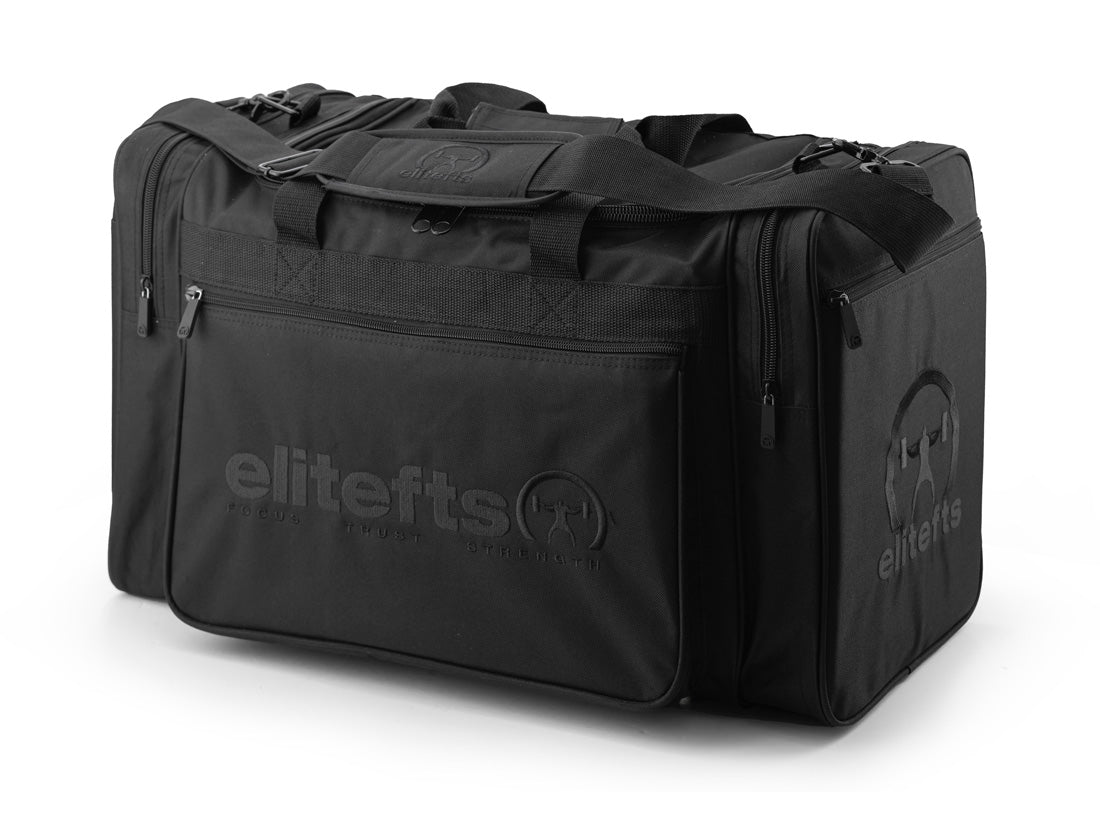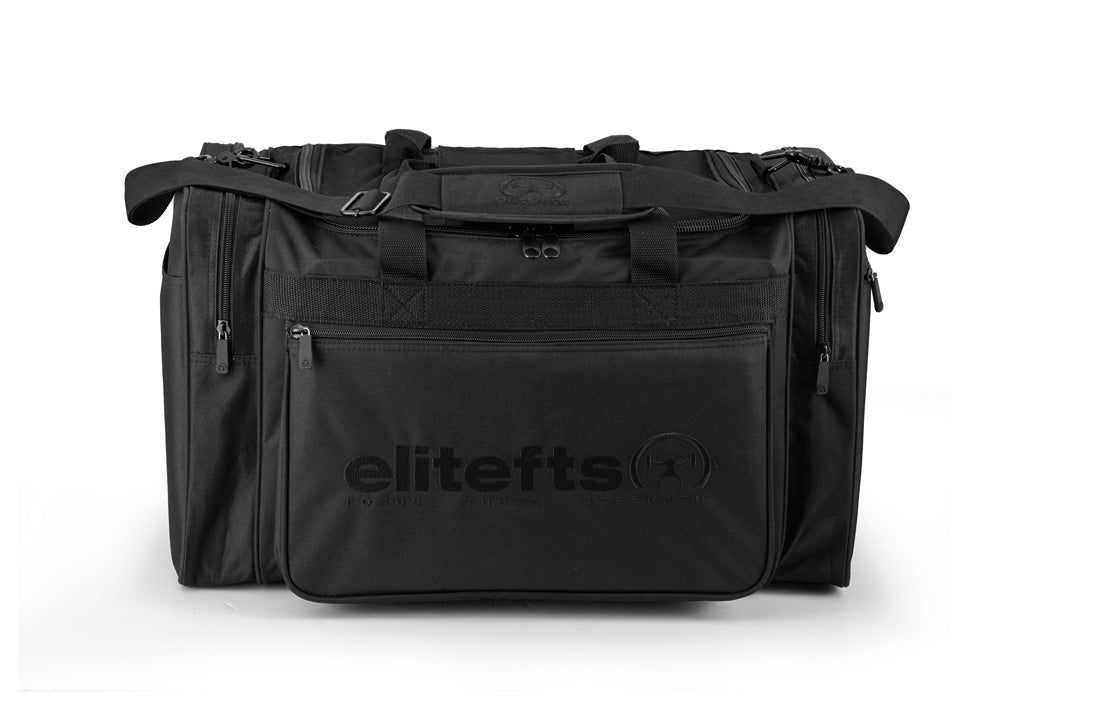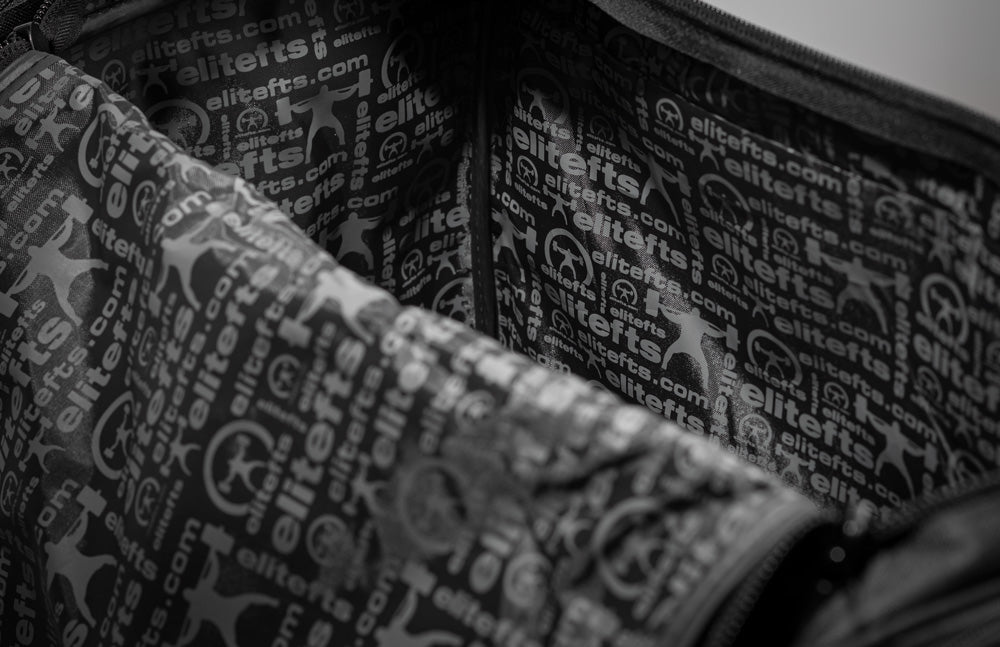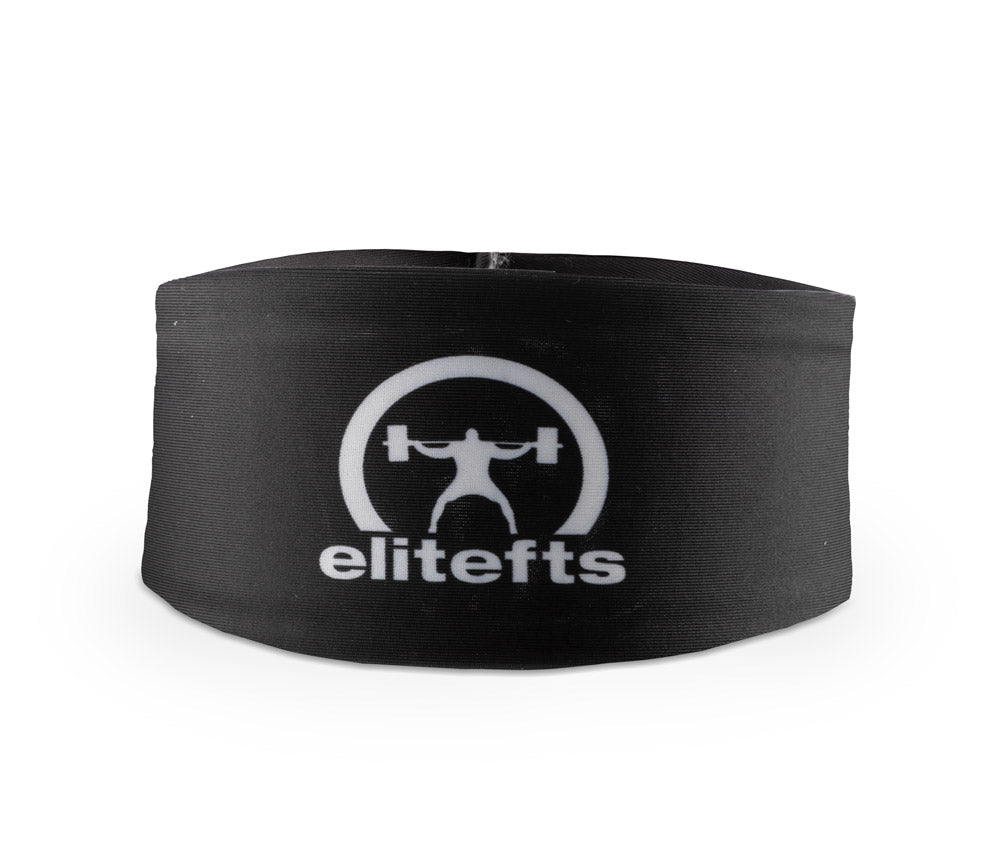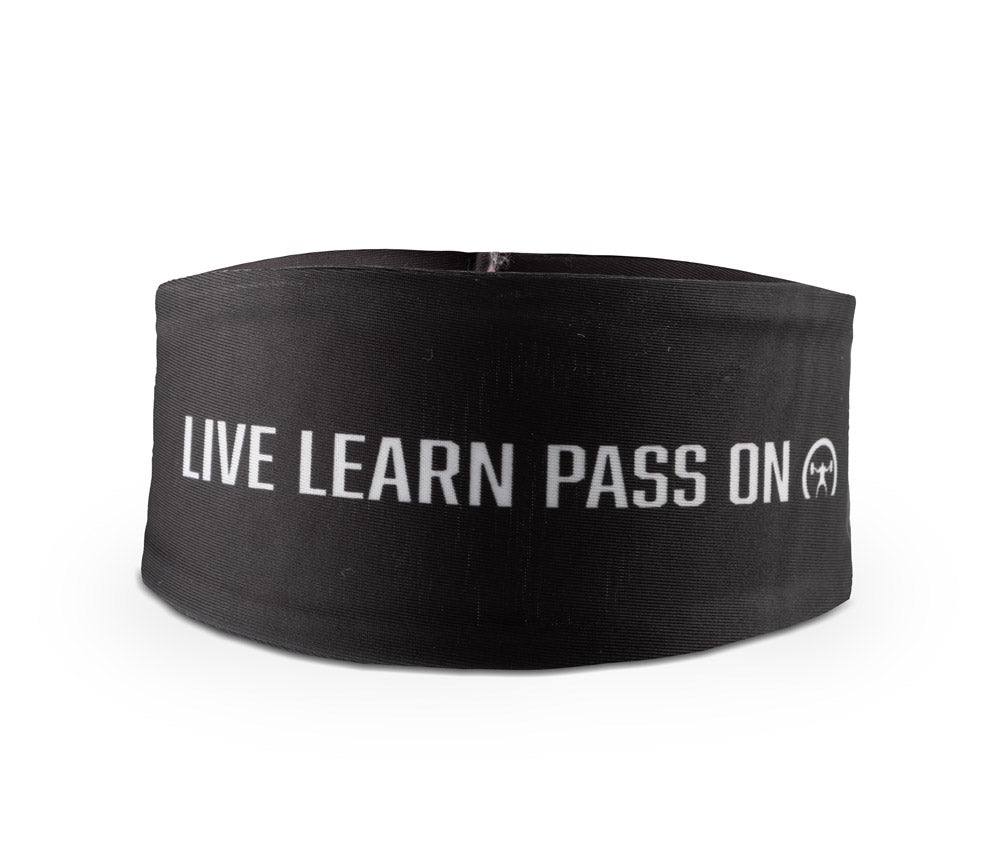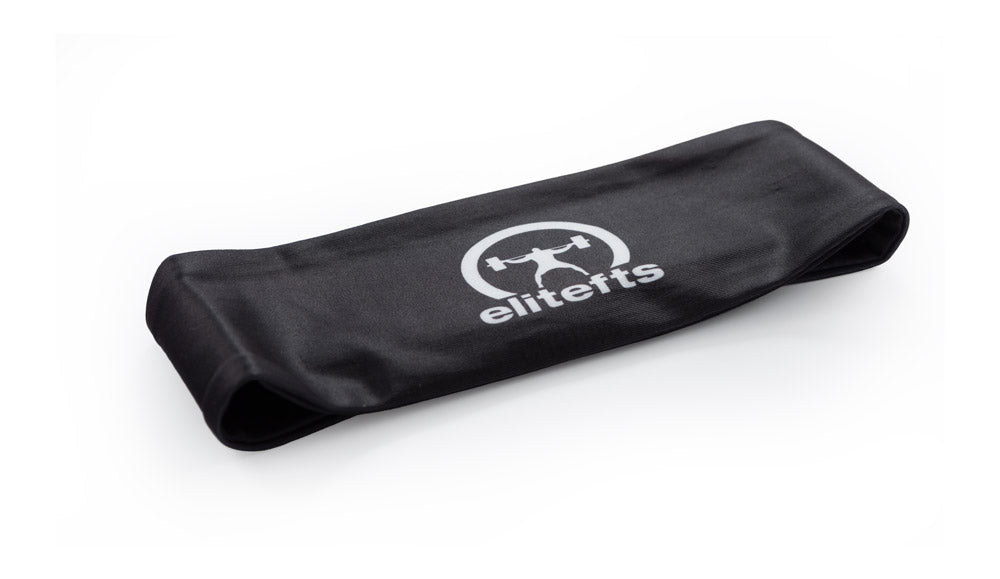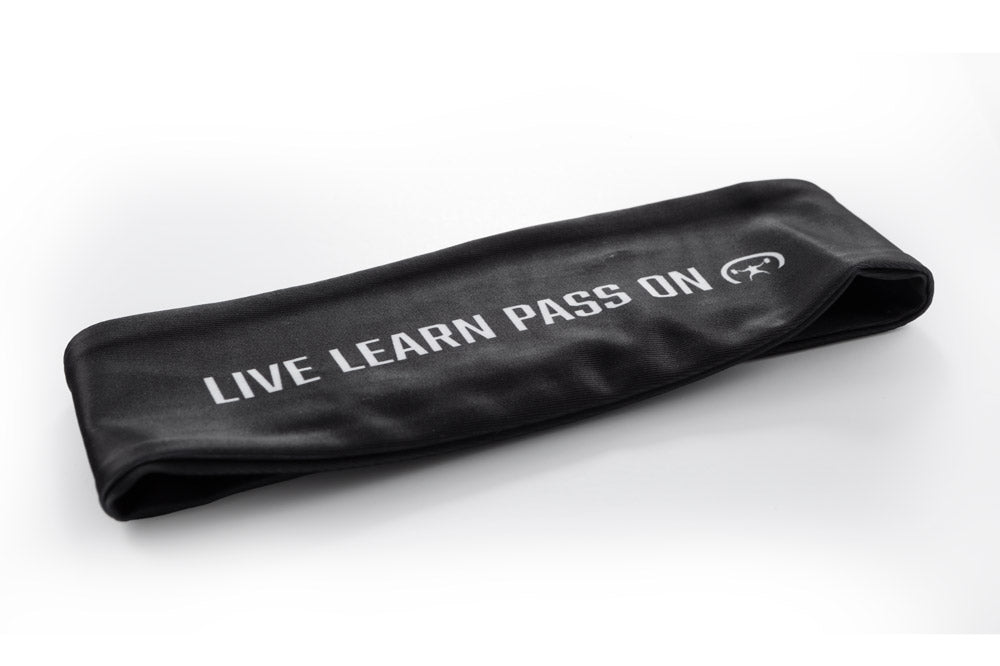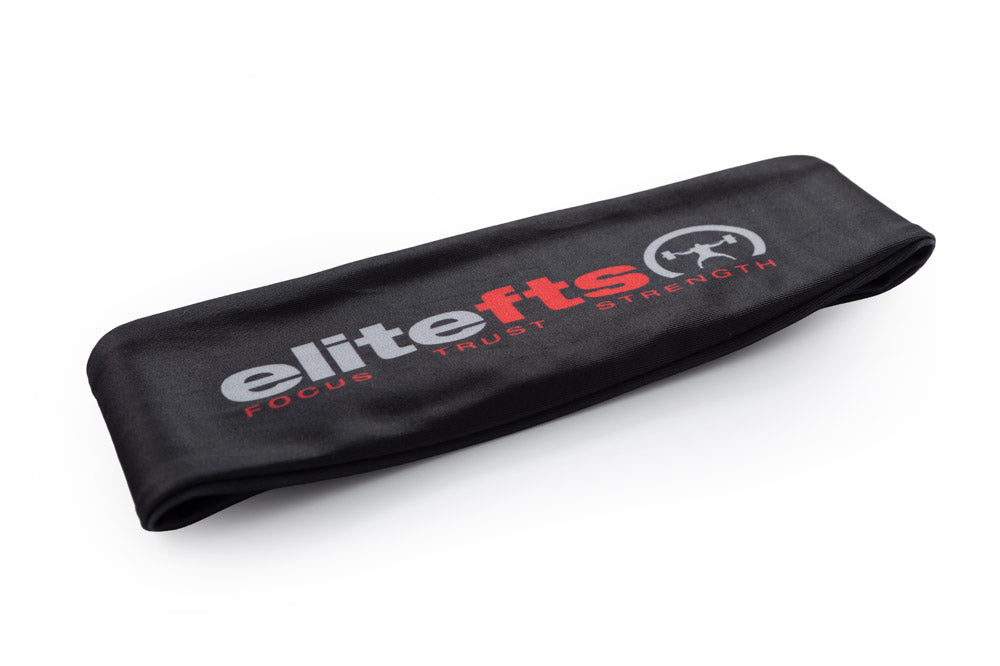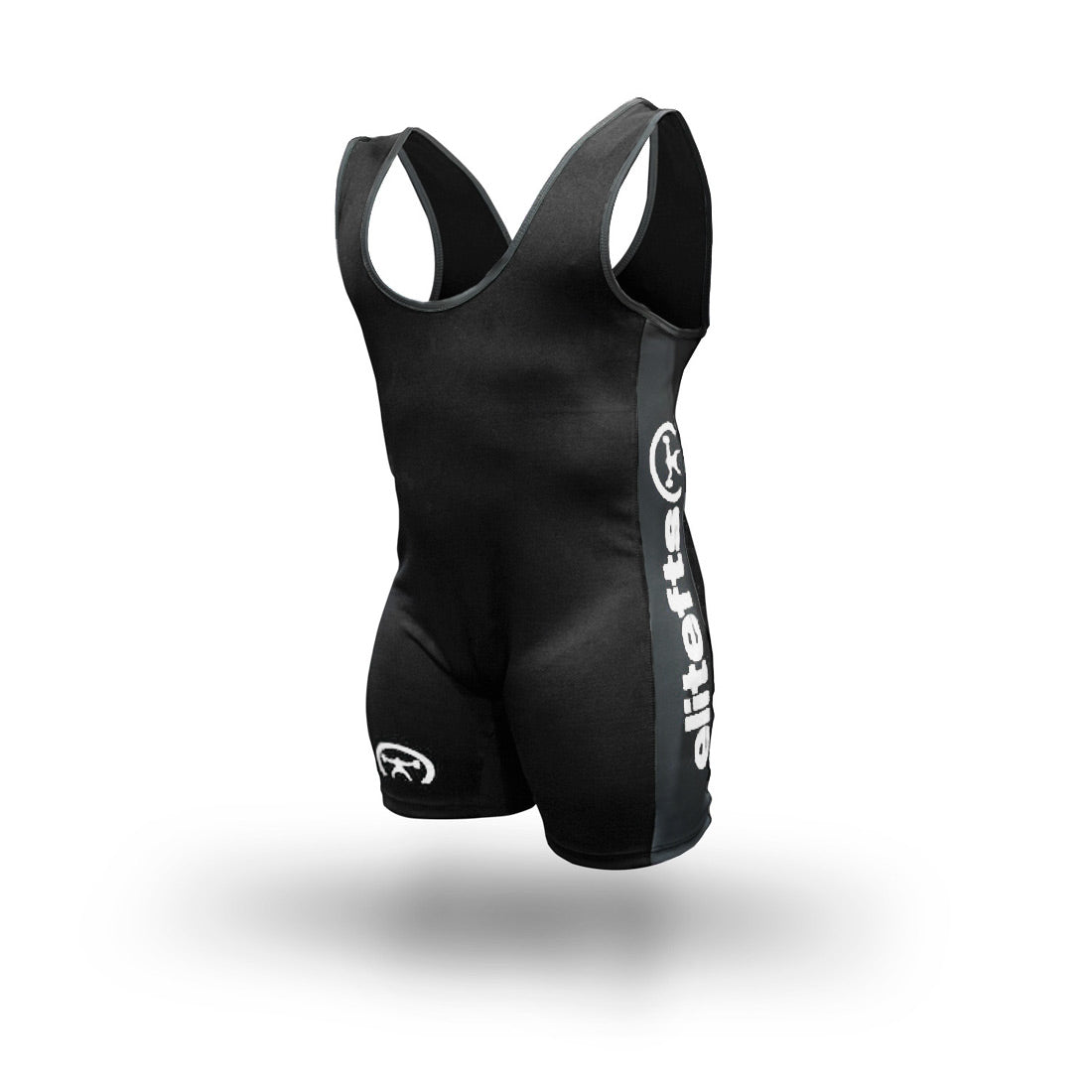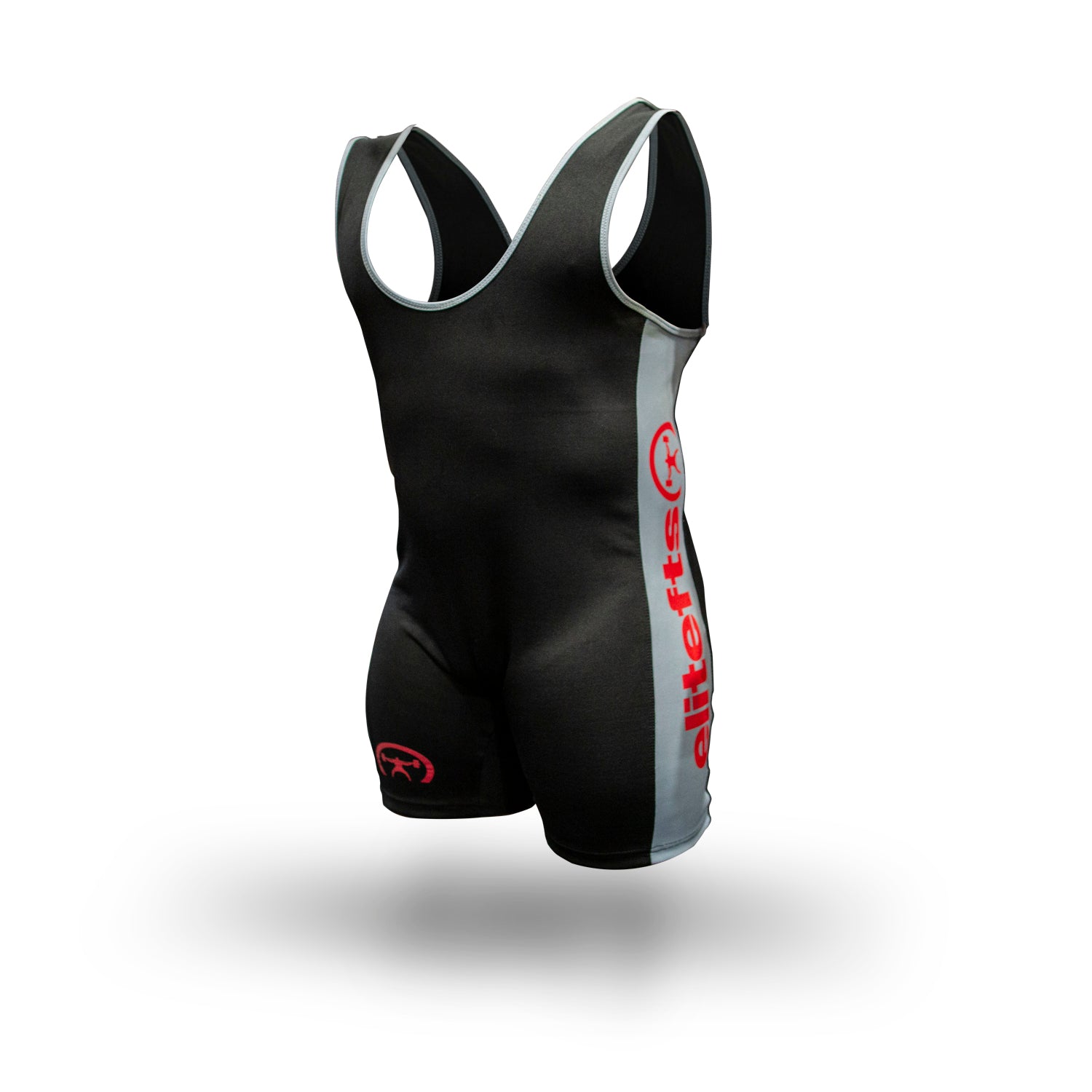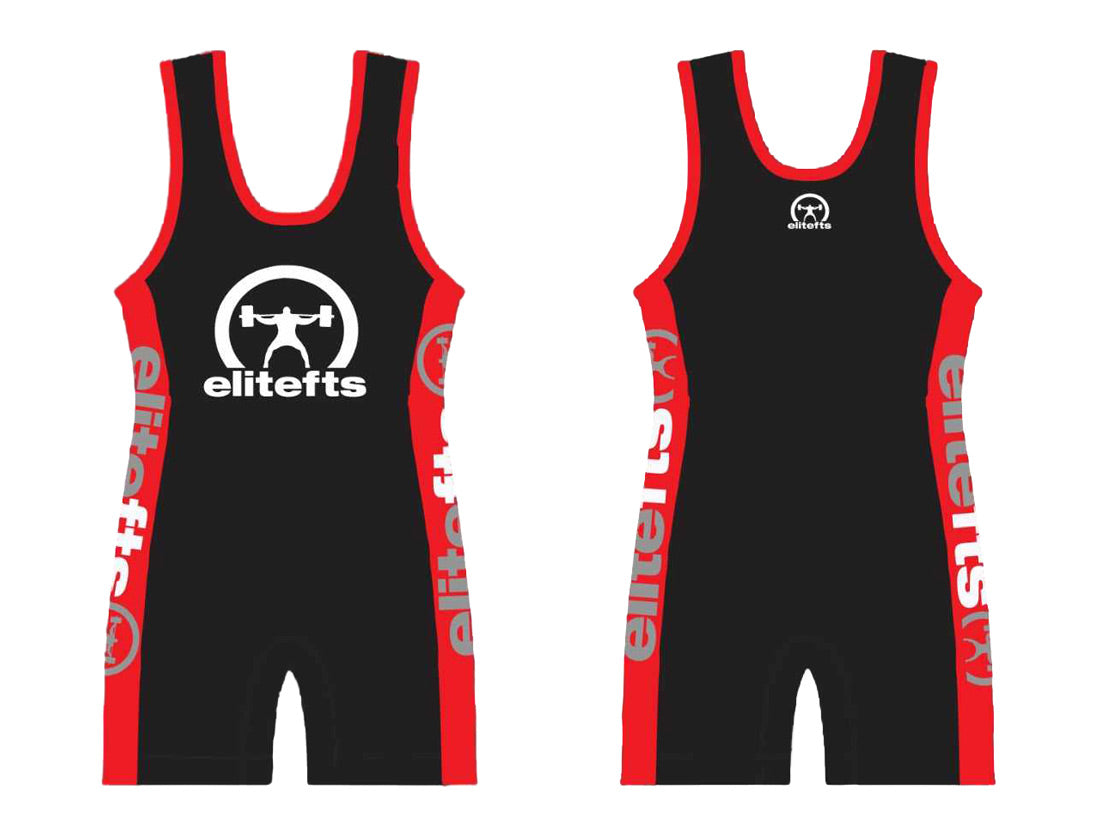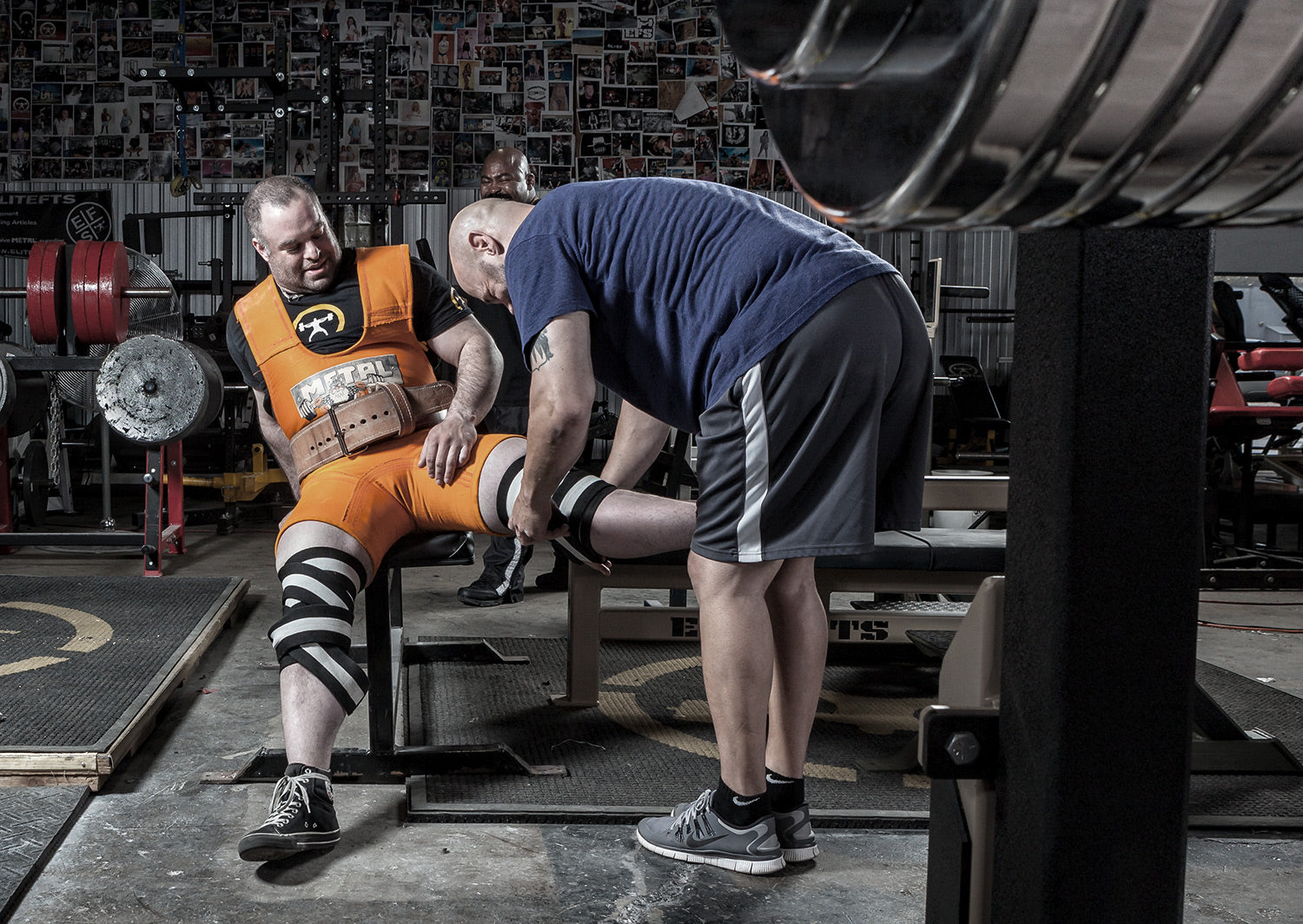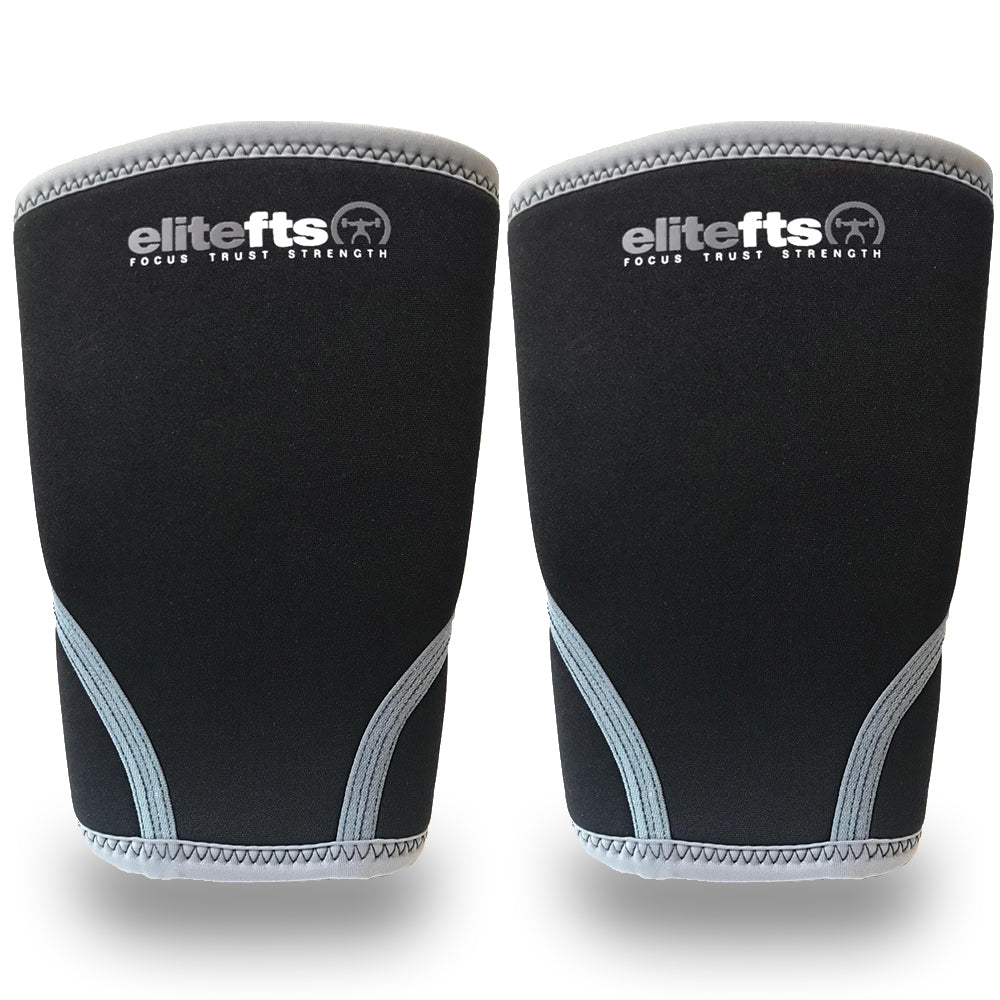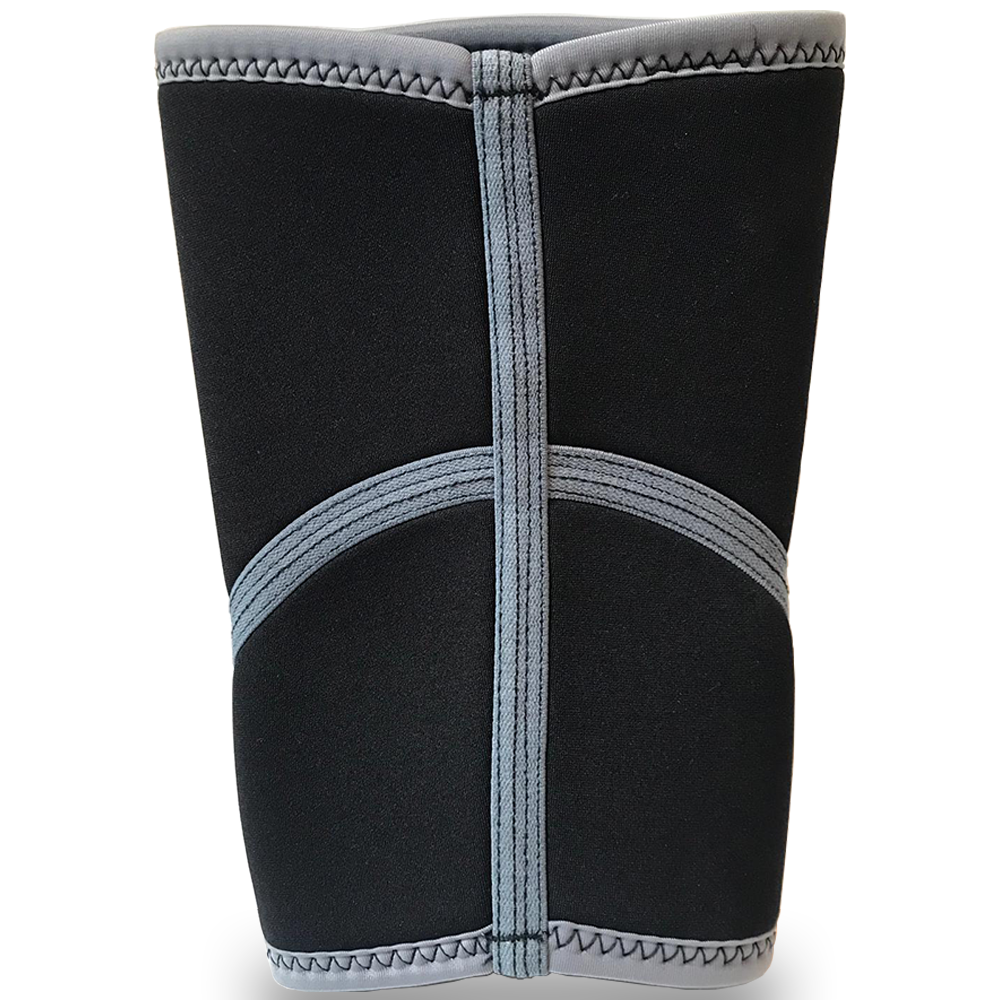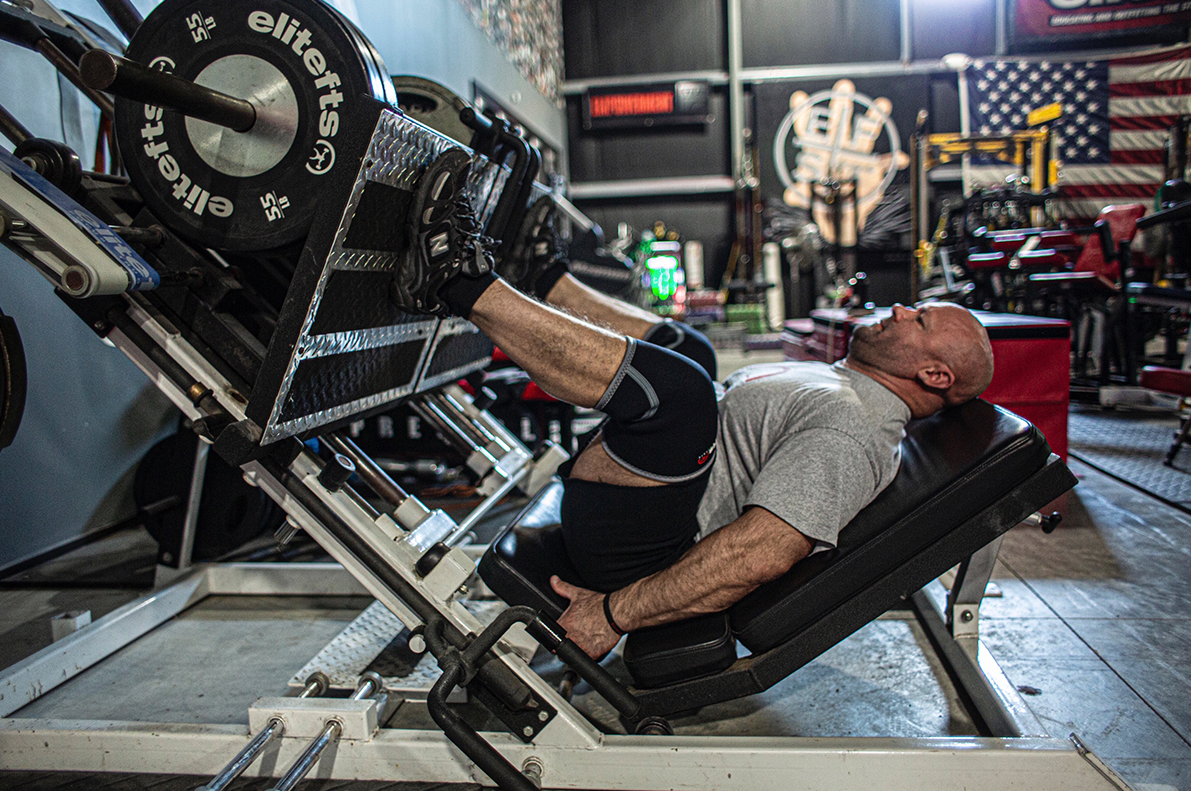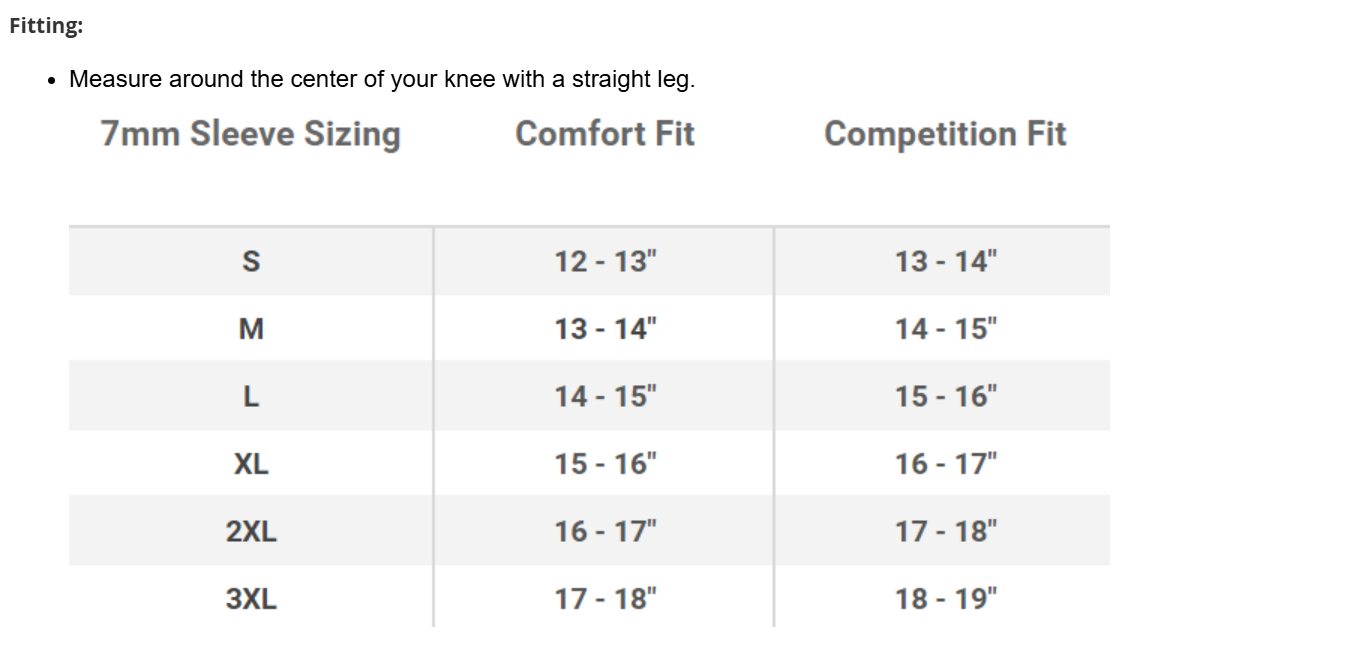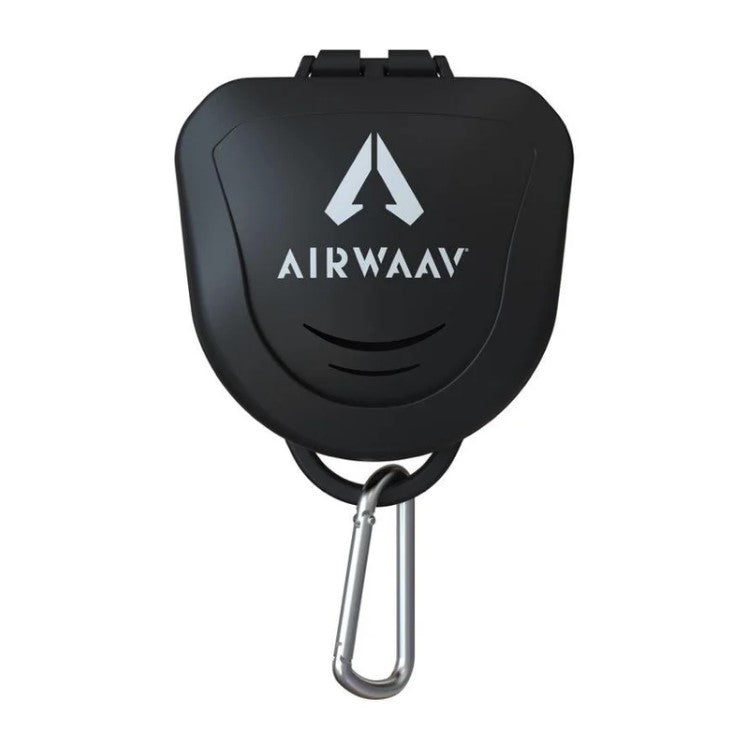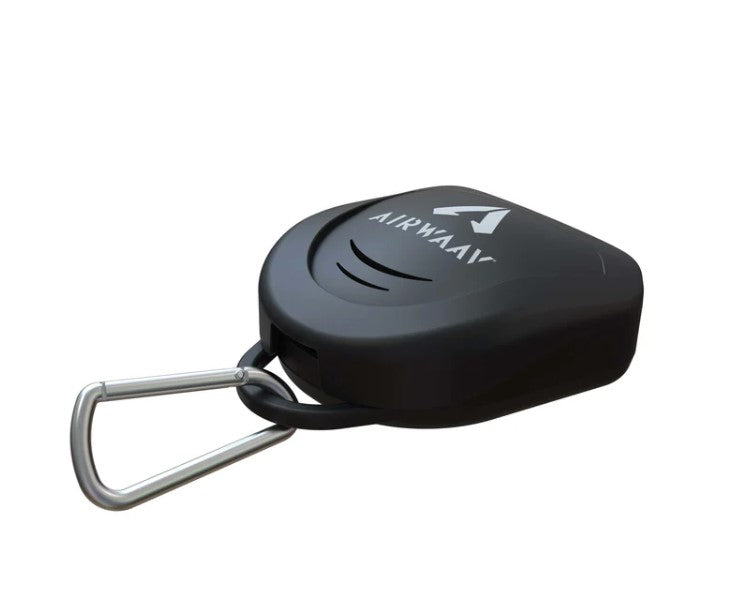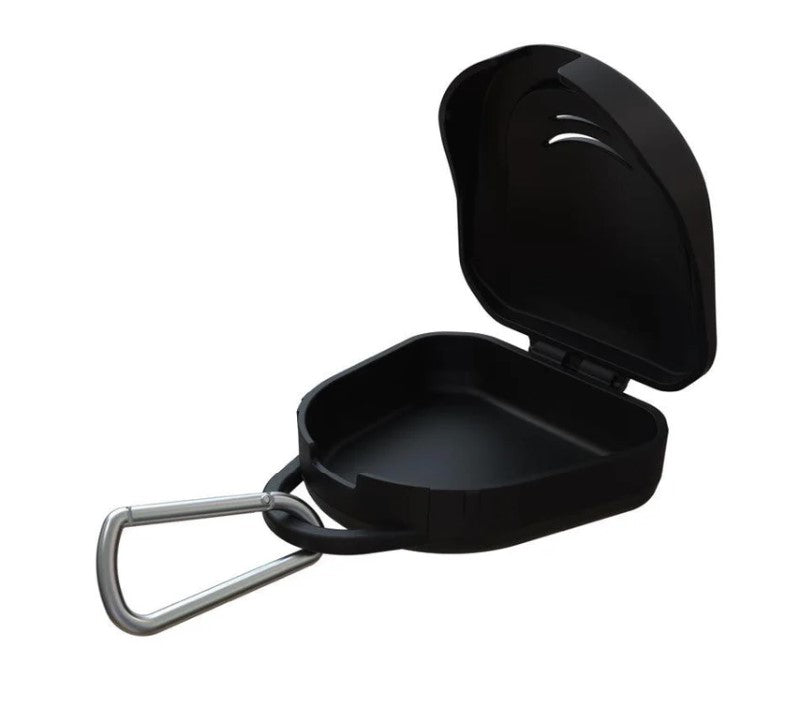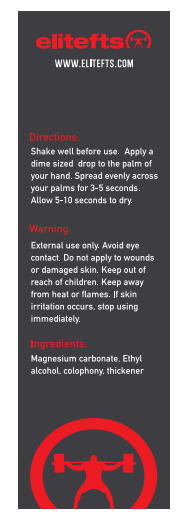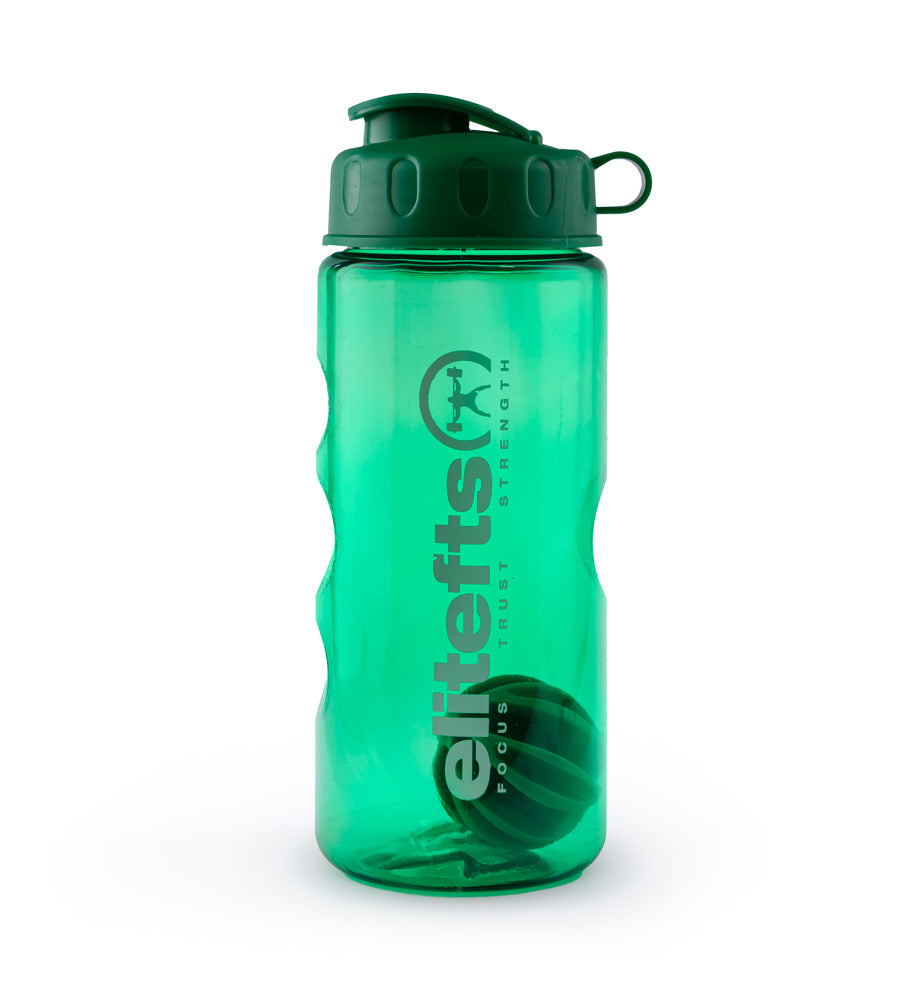Great Uncle John's Basement — No Spotter — A Hard Lesson Learned
Great Uncle John's bench was a homemade conglomeration of welded steel and wood. The bench itself was thinly padded with a carpet remnant—of which, thirty-nine years later, I can still see the orange-checkered pattern in my mind's eye.
Uncle John was knocking-off repetitions with cement filled plastic plates from Sears and Roebuck—the Ted Williams' weight set. The wide brownish plates were flanked on both sides by several steel ten pounders.
I was in the corner, six-years-old with a bowl haircut, working on my fifty pound clean and jerk when Uncle John called my name.
“Erik, can you come over here?" he asked, with the weighted bar paused motionless on his chest. He was as calm and as cool as the other side of the pillow.
I dropped my barbell to the floor and walked over to his side.
"Erik, can you take one of those ten-pound plates off each side?" Uncle John asked.
RELATED: Training Partners: Know How to Pick Them
I complied dutifully, removing each plate and gently laying it on the floor beside the bench. Uncle John attempted to press the bar again—a bar now twenty pounds lighter. He failed about half-way off his chest.
"Erik, can you take another ten-pound plate off each side?" Again, I complied, taking my time to remove the weights—still blissfully unaware Uncle John had missed the weight (at least twice) and was reliant upon his six-year-old grand nephew to save the day.
This time, with the bar weight a full forty pounds lighter than at the onset, Uncle John was able to complete the press and re-rack the Ted William's set.
For the moment I was the hero, but woefully unaware that over the next forty years of training, I would find myself in Uncle Johns's predicament multiple times—reliant upon different spotters (all of whom were older than six) to ensure I would emerge from each training session (relatively) unscathed.
I've always considered myself an effective communicator. However, during my preparation for a Max Effort set, too frequently, my message somehow gets lost in translation. Sadly, most of the time, it's my fault.
College — Slamming the Belt and Nearly Losing My Ride
First-year students weren't allowed to have on campus vehicles when I arrived at the University of Connecticut in 1988. I wanted to train at a large commercial gym and I needed transportation. I ultimately joined a small crew that made a daily trek from Storrs to the nearby town of Willimantic, CT. We found a facility that was suitable and reasonably priced for students. Our primary driver was a Junior named Bryan.
Early on, Bryan was spotting me during a set of heavy bench press, when I became stuck about half-way off my chest. I remember waiting for him to finally nudge the bar to keep it moving, but there was no help forthcoming. Finally, on the verge of panic, I glanced back toward him and determined he wasn't paying attention at all. His focus was on a trio of girls training in the distant corner of the facility.
"Bryan," I yelled. The sound of my voice boomed and finally snapped him on task. He yanked on the bar, and despite running on fumes, together we were able to navigate it back into the rack.
I leaped off the bench. My face was red with anger and from the strain. "Jesus Christ, Bryan," I yelled, as I removed my power belt and violently slammed it to the floor, causing a scene. Around us, the rest of the gym froze, trying to determine the cause of all the commotion.
Bryan marched away as I quietly stripped the bar. He was embarrassed and angry. We didn't speak for the remainder of the training session, but ultimately Bryan did the honorable thing and gave me a ride home.
Any Verbal Cue — I Got it
Before I opened my training facility, I trained alone most of the time. However, for one training session a week, I'd assembled a small group that utilized the home gym in my basement. I typically reserved the group training sessions for heavy bench work because it afforded the opportunity to employ two or more spotters.
Despite the number of spotters and the frequency with which we trained together, there were many MANY spotting miscommunications, and most were clearly my fault. There were times where I would catch my spotters peering at each other, during the repetition, trying to discern whether my purposeful grunt indicated they should take it or leave the bar alone.
The miscommunications were so frequent that before one set we'd decided that upon any verbal cue they were to grab the bar and return it to the rack—any verbal cue!
"If I say anything, you take it—anything—any verbal cue!"
My spotter gave me a good lift off, and I executed a strong eccentric. I touched my chest and began the press. I realized I was going to successfully complete the rep when it was three-quarters of the way to completion—you know that feeling, just before lock-out.
Instead of keeping my mouth shut, I said:
"I got it."
A verbal cue. I couldn't help myself.
The Most Recent Miscue with my Wife Spotting
My wife and I celebrated our twenty-first wedding anniversary last week. We still don't communicate effectively, at least when it comes to spotting, as the story I'm about to share will demonstrate.
I'd not been benching very frequently, mostly because I've been trying to save my shoulders, but last Saturday I'd decided to test them for a brief session.
I perform all of my reps in a power rack with the safety pins set at a height that easily allows me to touch my chest, but at the same time, where the pins will stop the bar before it reaches my neck. The setup allows me to train without a spotter. It's not totally optimal, but it works well enough to suit my training needs at this stage.
The training session was going well, so I decided to ask my wife to spot me on my top set. I thought there was a risk I could fail, and I didn't want to risk further stressing my shoulders by spending too much time under tension in a compromised position.
"If I have to say 'take it' you're just going to pull it. We're not going to slowly move it and rack it. I think it's going to go," I said.
"Okay," she responded, positioning herself behind the bar.
I lowered the bar fine, but I stalled about half way on the upward press. My triceps couldn't finish the job.
My wife moved in to assist, but I didn't say take it. I said NO NO NO. I meant, no the rep isn't going to go and I need you to take it. My wife's interpretation was I meant don't touch it, so she backed away from providing assistance, and my miscommunication once again left me with my ass hanging out.
MORE: Are You A Teammate or Training Partner?
By the time I realized my miscue and started yelling "take it, take it, take it," it was too late. I was gassed. My back was cramping, and we had to both guide the bar down to the safety pins.
"No means it's not going," I said, exasperated, as I pulled myself off the bench.
"Oh no," my wife said. "There have been other times where 'no' means don't touch it."
After twenty-one years of marriage, we still don't have the spot down.
What can I say? Learn from my hard lessons.
It's impossible to over-communicate before a set. Make sure your spotters are aware of the intent before the set. Let them know if you want to spend time under tension and for them to allow you to grind it out, even if the bar is barely moving—or, conversely, if you specifically want them to dive-in for the rescue.
Regarding gym lifts, don't overly worry if your spotter comes in a little early—it's better than too late (or not at all) and you'll be better off for it in the long run.











